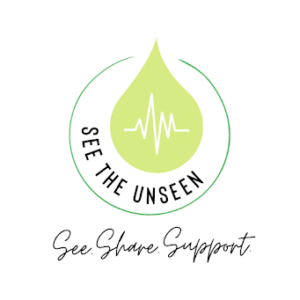By Jonathan Johnson
Toms Shoes, through its “One for One” initiative, created and perfected a business model that gives a pair of shoes to someone in an impoverished community for every pair of shoes sold. Many different businesses have looked to duplicate the company’s model, which was inspired by a trip to a poor African village where children did not have suitable shoes.
Toms’ founder created a highly successful business model, but is it flawed?
I will admit that when I was introduced to the brand, I was one of the first consumers to jump on board. To me, the idea of a “One for One” model was something new and unique, also it was a great selling point to give to my mother.
Over time and after a few conversations, I began to rethink my support of Toms and the specific model. A close friend from India expressed how many natives feel embarrassed and used by the company. They are merely there for a picture and to act happy while receiving a pair of shoes. There is so much more that needs to be done in their communities and oftentimes these companies are a source of frustration.
Personally I feel the reason Toms is so successful is that it creates an outlet for the wealthy to cast off their guilt, and gives them the opportunity to feel they are helping others. Although not having shoes is a severe issue, donations like these can cause problems much deeper than we can see on the surface.
Many countries produce their own goods and giving high volumes of free goods can significantly harm them. The ultimate problem is that the root causes of poverty are not acknowledged or addressed. While underprivileged children may be receiving shoes, it relies on the continuance of poverty worldwide and does nothing to attempt to eradicate it.
Westernized cultures believe the solution to world issues could be solved by monetary support. What they fail to realize is that it can cause dependency on another country, and ultimately hurt a country in the long-run more than help. If one really wants to help a person, community or country, I would suggest supporting their education, both academically and professionally.
Jonathan Johnson is a junior at Oklahoma Christian University.













Be First to Comment